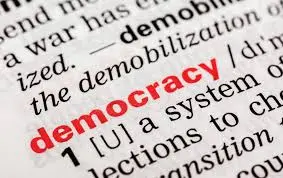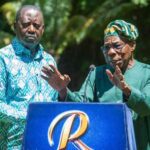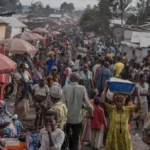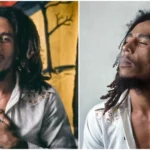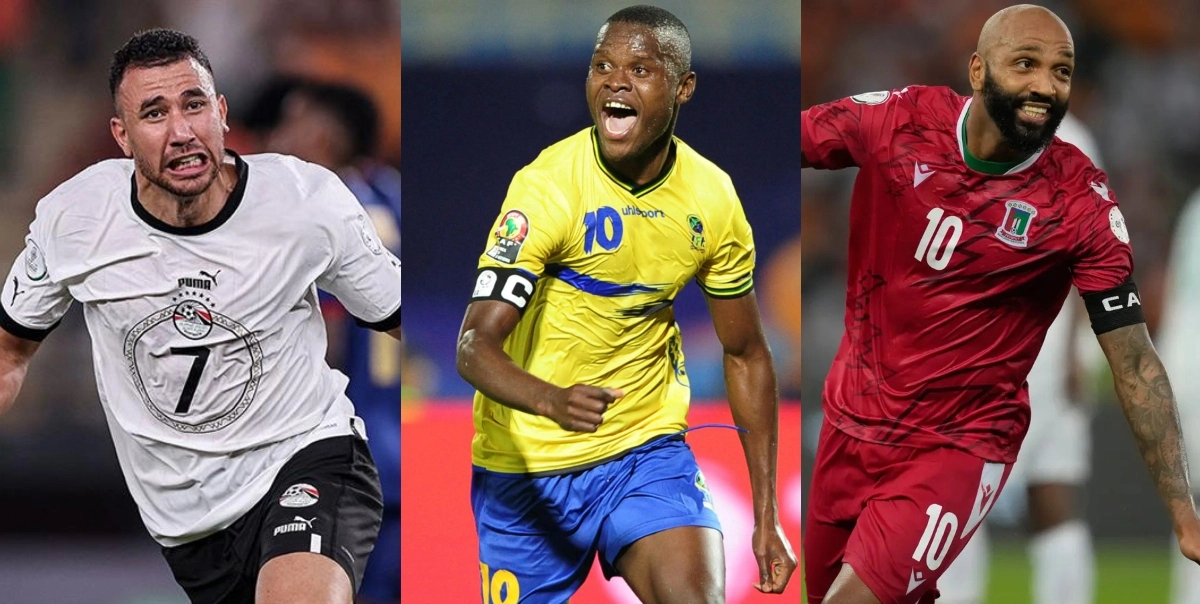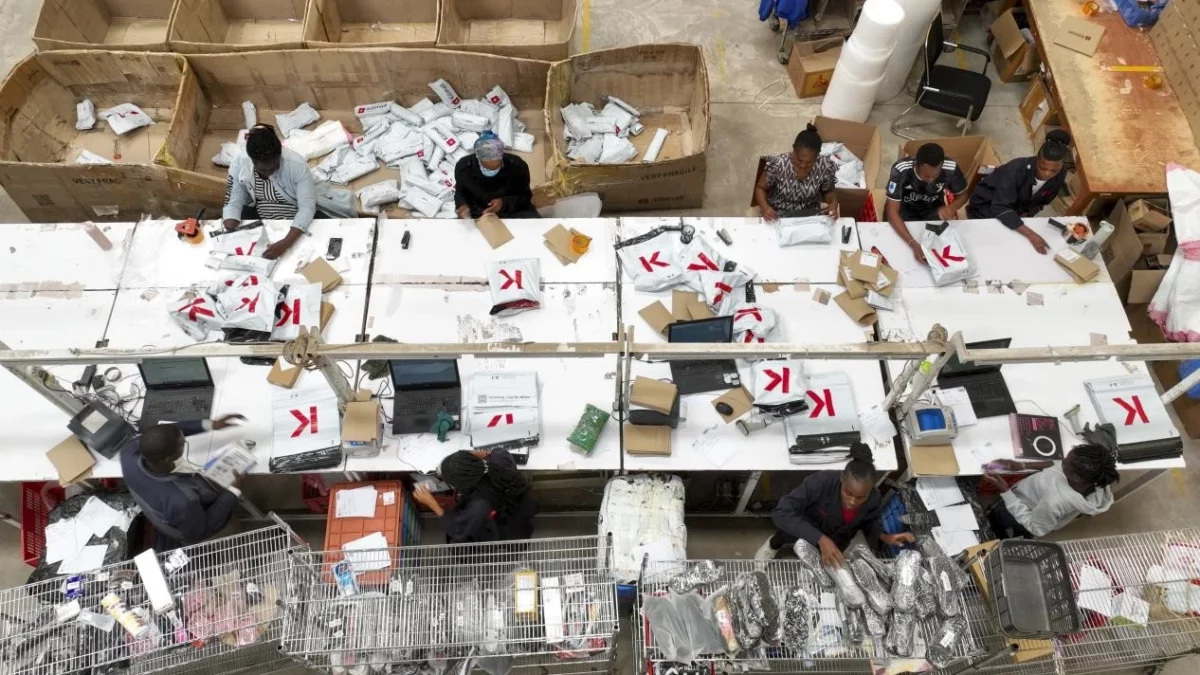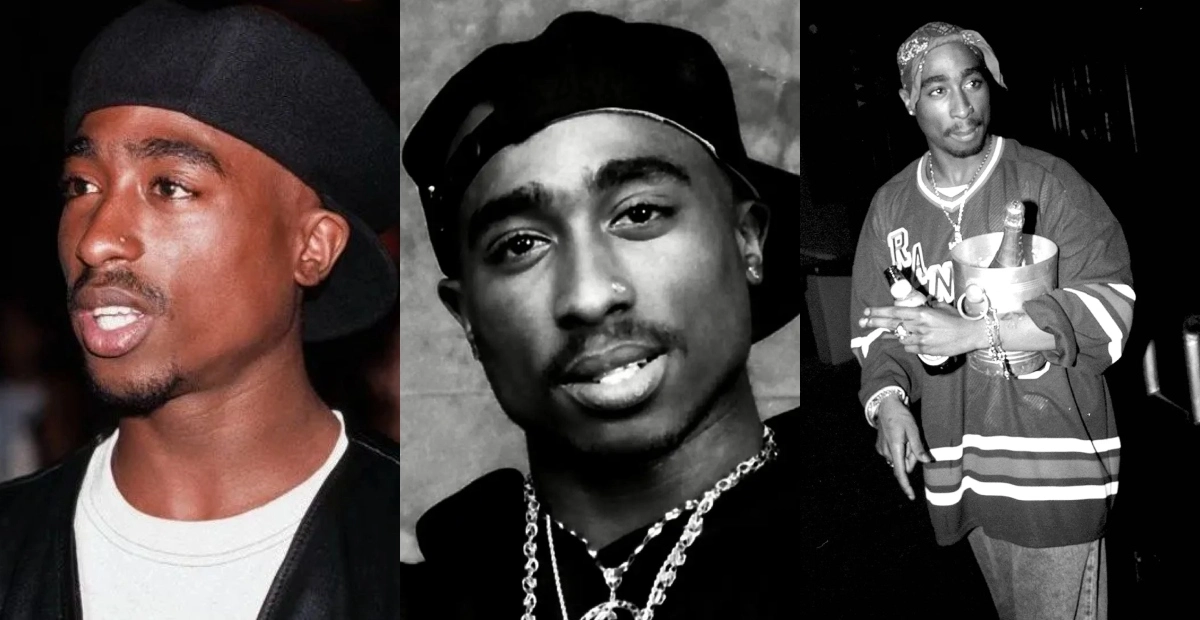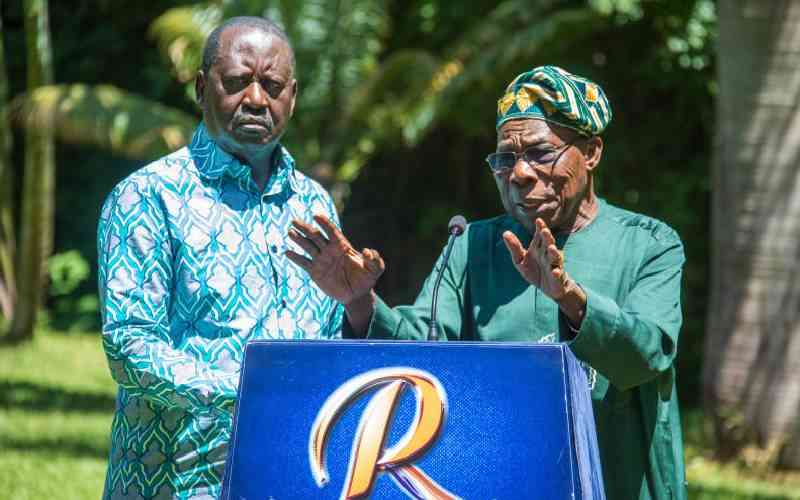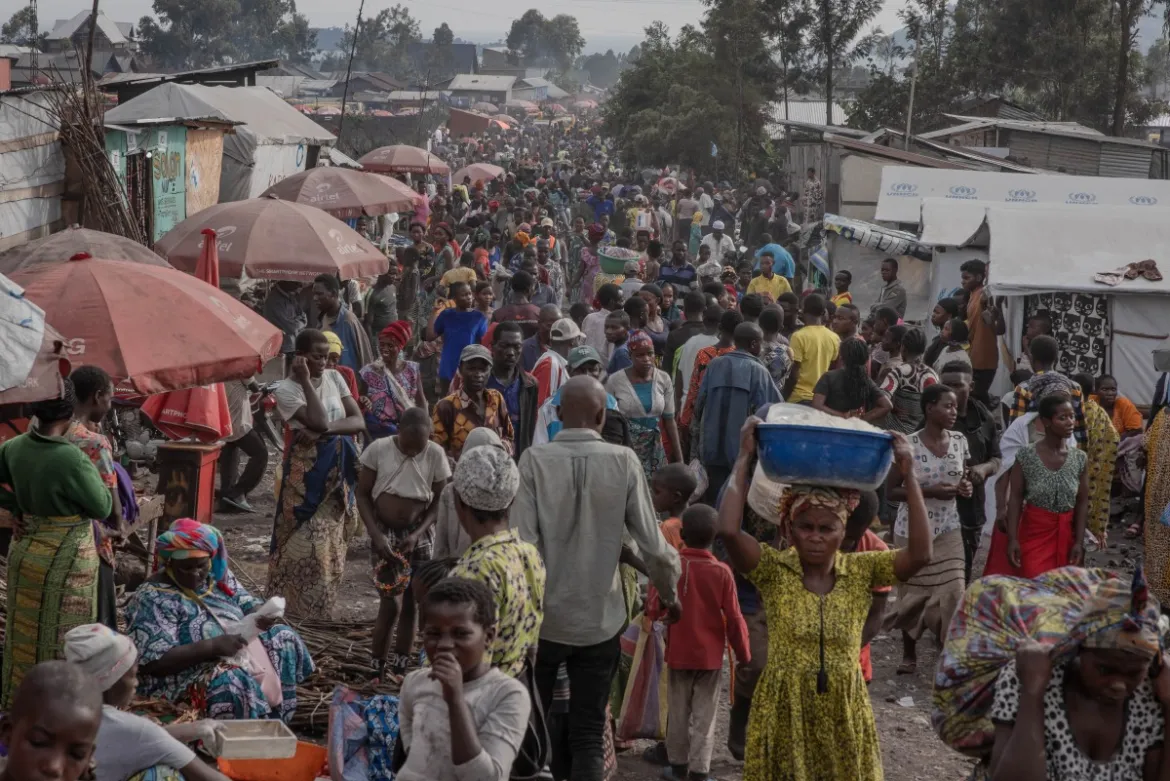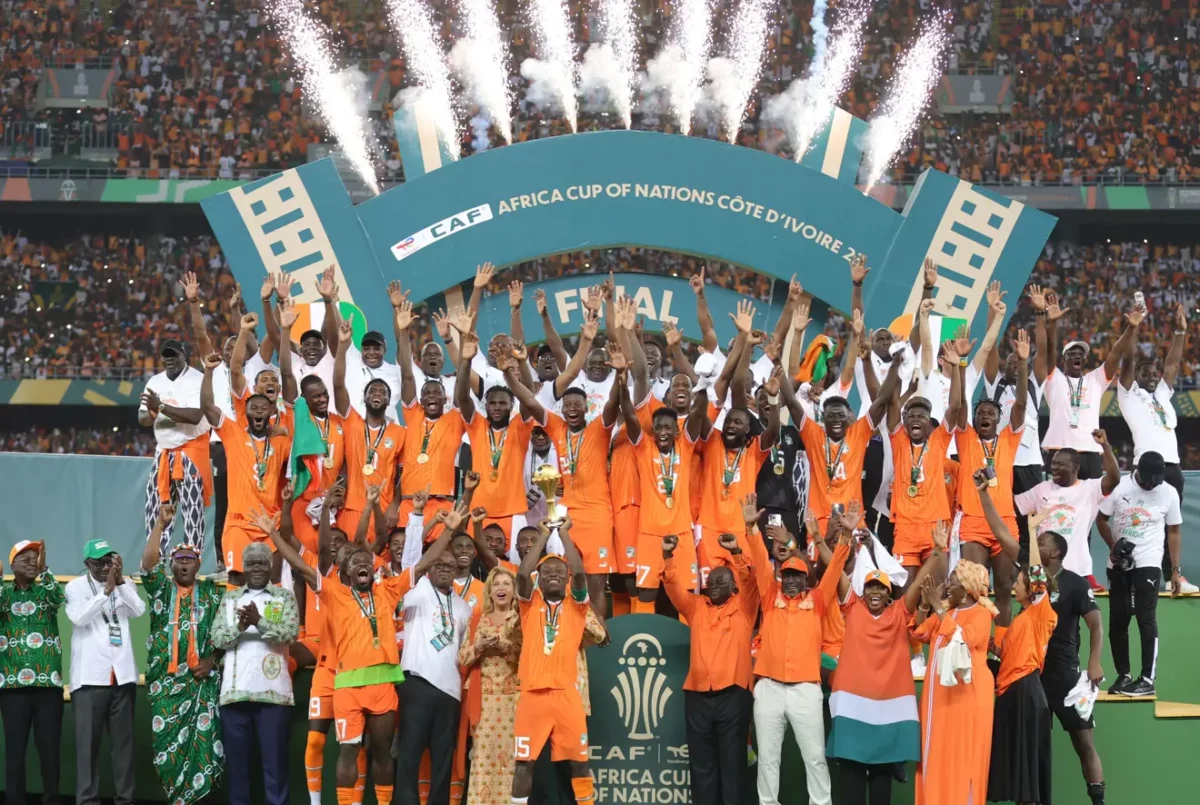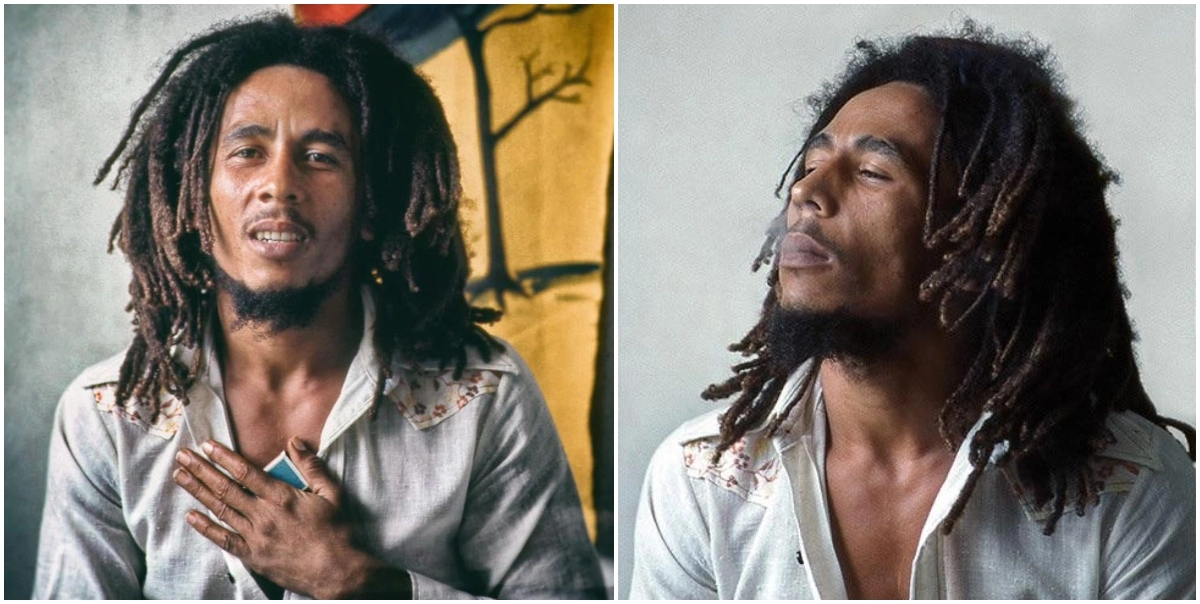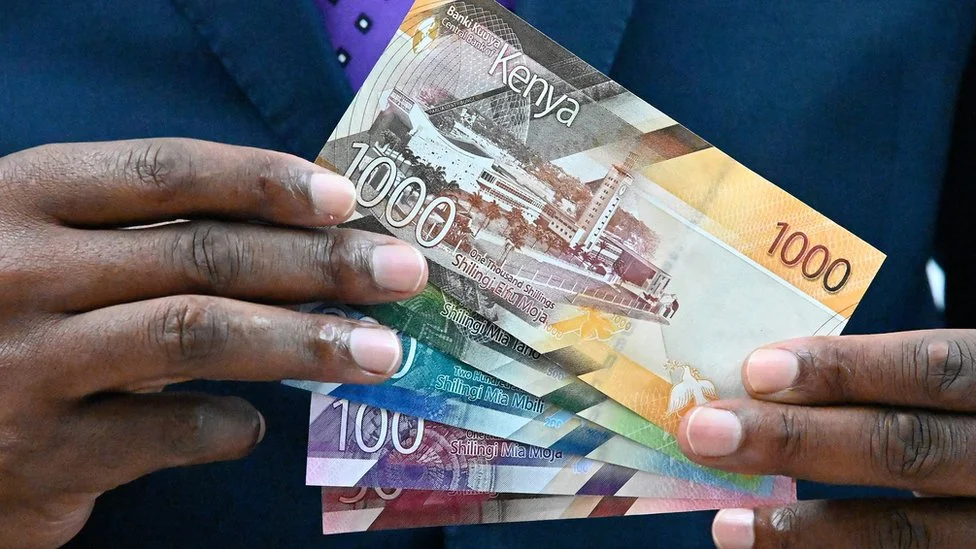The increasing number of cases of election fraud and instances of coups in African countries raise questions about whether Democracy has failed in Africa.
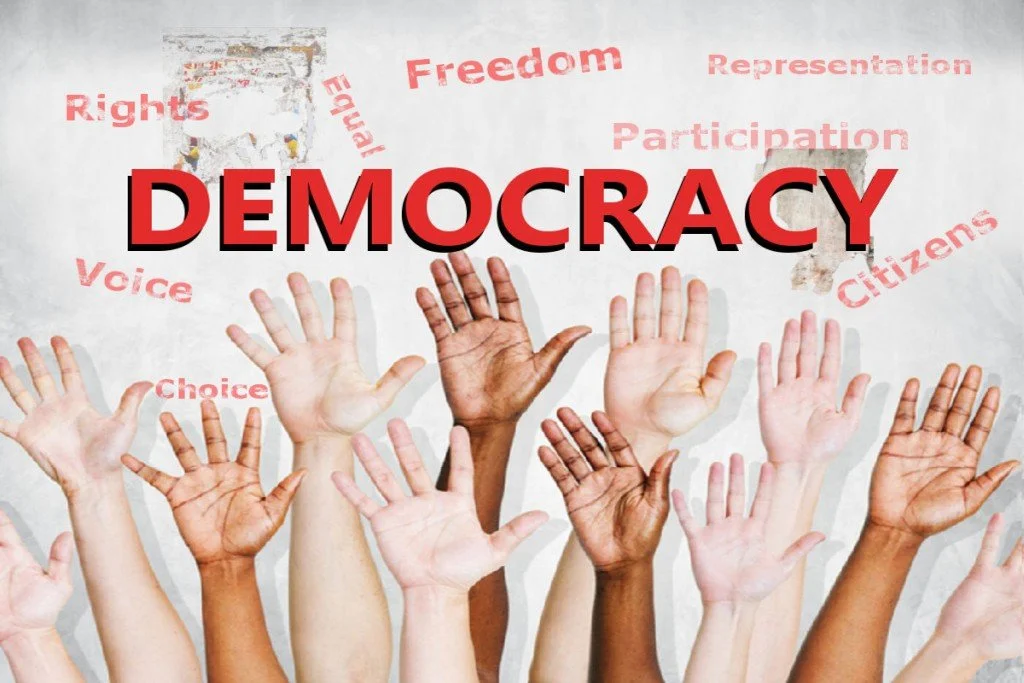
In West Africa, Gabon senior military officers announced their take over of power in the country on Tuesday. This takeover came days after the elected president, Ali Bongo was re-elected for a third term in office. Ali had taken over power from his father. The family has been leading Gabon for over 56 years and he was re-elected to continue the tenure.
The elections were however not conducted as they ought to be according to the citizens within the country. Most mentioned that there were no international observers at the polls to ensure a smooth flow of elections. In addition to that, there was a nationwide cut of internet access and a declared nighttime curfew during the election season.
The military coup in Gabon was caused by the facade of democracy.
— SERAH IBRAHIM (@TheSerahIbrahim) August 30, 2023
Gabon has been ruled by a Father and Son since they had democracy in that country.
President Omar Bongo the former president had 70 bank accounts, 39 apartments, 2 Ferraris, 6 Mercedes Benz cars, 3 Porsches and a… pic.twitter.com/ag5rtMs7sI
Aside from Gabon, the Junta took over power in Niger a few months ago. They overthrew the elected president from office and confined him to his house. The citizens of Niger then showed up at the Niger stadium to show support for the Junta who took over from an elected government. The support from the Niger citizens begged the question of whether the elections were held fairly or the president just didn’t fulfil his duties while in office.
Local residents joyfully greet the military in Gabon, who last night staged a military coup in the country. pic.twitter.com/kCEhFywTXI
— S p r i n t e r F a c t o r y (@Sprinterfactory) August 30, 2023
Subscribe to Switch TV
Other Countries Where Elections Have Failed
Niger aside, Burkina Faso and Mali were also taken over by the Junta and formed a structure around it. After the Junta took over, the Economic Community Of West African States (ECOWAS) tried to intervene by suspending the two countries from the regional bloc. That, however, did not make a difference in the take neither did it lead to the restoration of power in the nations.
ECOWAS will have to fight an Army of 5 countries, Algeria, Niger, Mali, Guinea and Now Gabon.
— The Government Critic 🇰🇪 (@magwaz3) August 30, 2023
Tinubu should also be careful on how he's handling things because he stole elections and this coup could also get him.
West Africa military knows how to fight for freedom. pic.twitter.com/JQ0emKxjH5
Ecowas similarly threatened to intervene in Niger after the coup but Burkina Faso and Mali threatened to take the intervention as a declared war against them. Other West African countries like Ghana had conflicting opinions against military intervention in Niger.
Aside from West African countries, Zimbabwe held elections last week and the results were announced. After the announcement of election results, the opposition called for election fraud claiming the president didn’t win that election fairly. This proclamation has caused distress across the country with supporters of the opposition agreeing to the ‘false’ election results.
Read Also: Zimbabwe Police Ban Opposition Rally Igniting Election Tensions
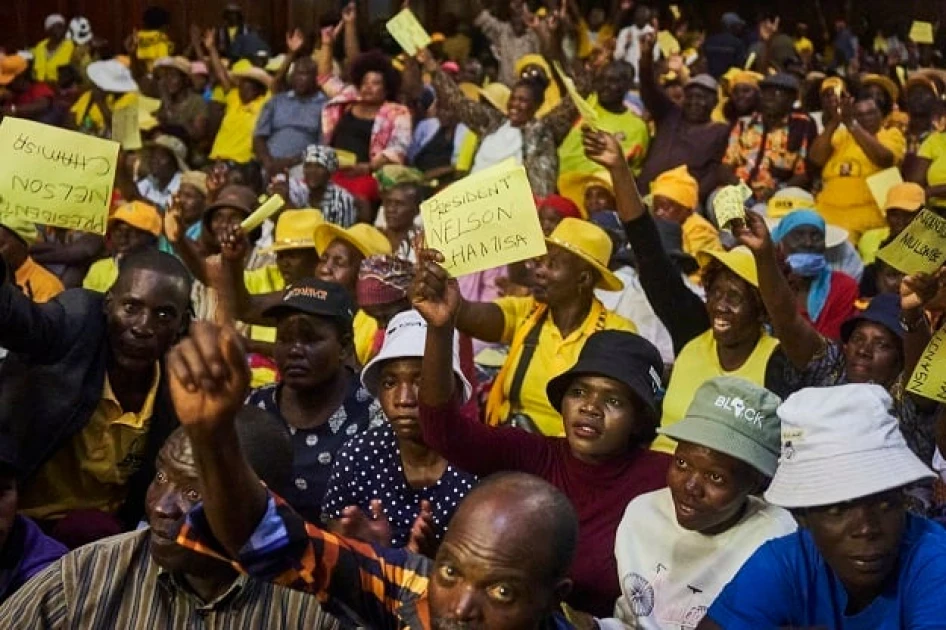
In Kenya, opposition leader, Raila Odinga has claimed rigging of elections since 2007 to date. With every election, there have been protests held, the worst one being in 2007 which resulted in the deaths of many Kenyans and divided the country into ethnic lines.
Read Also: South Sudanese president promises first elections since independence
Sudan has also been a victim of the same. The civilian ruler at the time was Omar Al Bashir, who led with so much wrath that the military had to overthrow him. Despite the military and paramilitary causing havoc in the nation, many citizens prefer the war to the rule under Omar Al-Bashir.
What is Democracy?
Democracy is a system of government by the whole population or all the eligible members of a state, typically through elected representatives. It is a form of government where citizens have the liberty to choose a few individuals to whom they would surrender some of their rights. These individuals are charged with the responsibility of leading the nation but are subject to elections after a specified period.
In Africa however, there have been cases of election rigging, Where candidates sometimes place ballots of people who died after they registered as voters. In addition to that, some claim that the counting process is continually being hacked by an outside source who inflates the numbers recorded for a certain candidate.
Read Also: Preserving Democracy: Tensions Between Democratic DNA and Western Influence
Events leading up to elections involve campaigning season that is marked with issuing handouts to citizens. This may come in the form of money, motorcycles or even food products. There have been instances where candidates have forfeited presidential debates that should be paramount to helping citizens understand the manifestos they present.
Furthermore, once the candidates have been elected, they throw away any manifesto and any promise they made to citizens during the campaign period. This has attributed to many leaders being removed from office by coups and those coups gaining support from citizens.
Does this sound familiar? When democracy has been so assaulted that the people start to wish for the military. A sad period in Africa.
— KWEKU THE HUSTLER, COMMANDER OF THE HEADLESS MOB (@Urchilla01) August 30, 2023
Again, Nigerians, I urge you to take out time in your everyday to randomly ask 10 middle aged people what they think about the military taking… pic.twitter.com/URqKQhdN1T
Introduction of Democracy in Africa
Democracy was introduced in Africa after the colonization of the continent took place. Many countries took after their colonial power in the formation of government. The majority of the countries opted for democracy in their nations. Democracy has however been turned into dictatorship in some countries, continuation of dynasties in others and fraudulent elections in most.
Should Africa then create a model of leadership of its own separate from its colonial powers? One that is specifically designed for African nations that will prevent coups from taking place and avoid ethnic divides during campaigns. Similarly, a model that would hold those chosen officials accountable for their actions.
Read Also: Military Coups: Unraveling Africa’s Political Landscape


